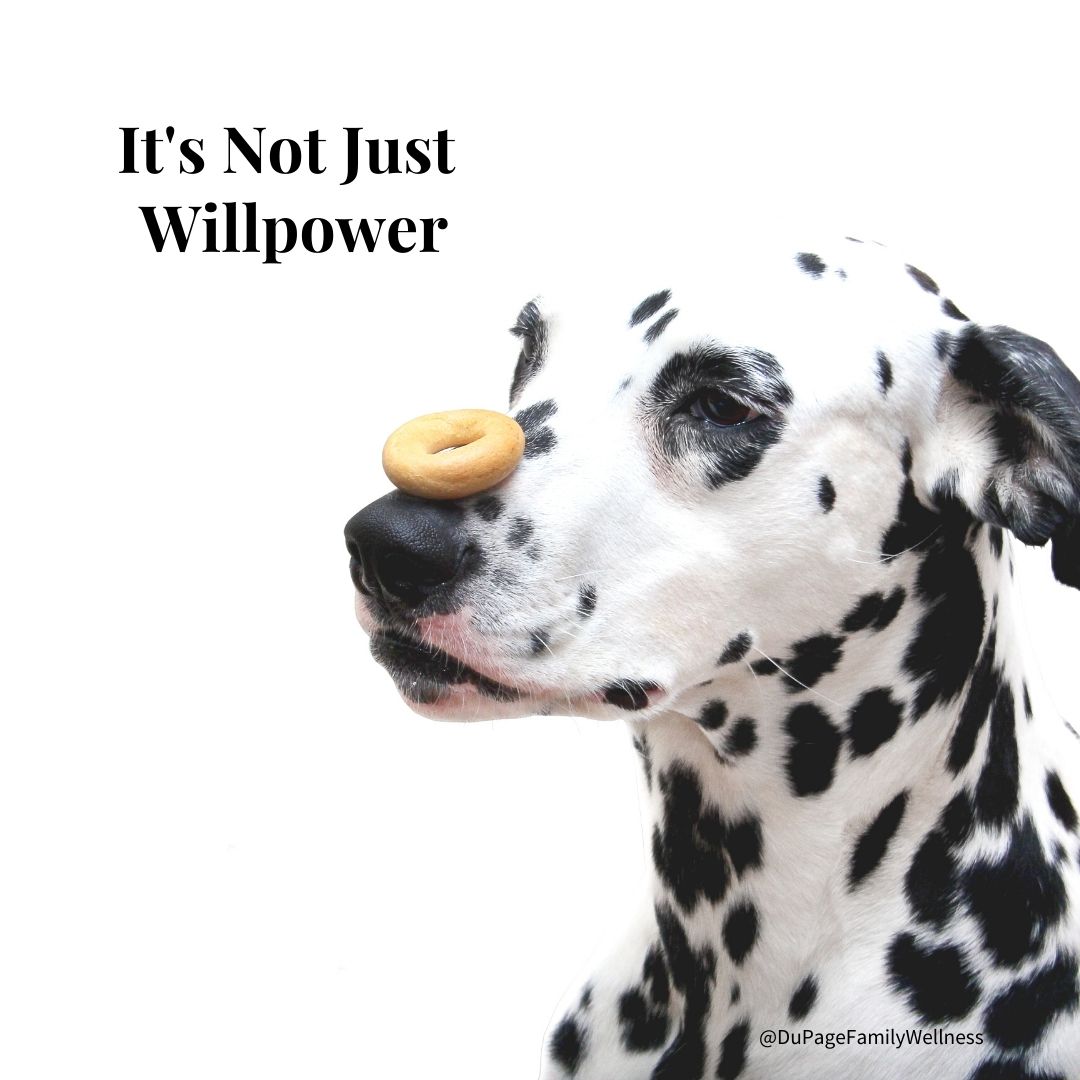 We grew up being told that if we eat too much we will gain weight. While this statement isn’t totally incorrect, the truth is much more complex.
We grew up being told that if we eat too much we will gain weight. While this statement isn’t totally incorrect, the truth is much more complex.
When we take a shallow look at this issue, it can easily lead to judgement and blame. For those who struggle to lose weight, this simplistic way of thinking can result in a lot of shame.
Investigative science, health journalist, and author Gary Taubes says, “We don’t gain weight because we’re eating more. We’re eating more because we’re gaining weight.”
Let’s take a look at what he meant!
The Cycle
Gaining body fat has a profound impact on what is happening within our bodies. Excess fat sets our hormones up to trigger us to want to eat more. By increasing the levels of ghrelin, the “hunger hormone”, body fat is actually controlling our hunger cues.
In addition, excess fat causes inflammation within the system. This not only impacts how we feel physically, it also sets off a cycle that ultimately disconnects us from making good decisions. As inflammation increases, it drastically impacts the quality of our sleep, which leads us to impulsivity - especially in what we eat.
According to David Perlmutter author of Brain Wash, “people who chronically don’t sleep well will consume, on average, approximately 380 calories more each day, without a similar increase in energy expenditure.” These extra calories can result in about a pound of fat each week. He continues to explain that research has shown a “profound increased desire for calorie-dense, non-nutritious foods after even one night of poor sleep.”
So, gaining weight leads to low quality sleep, which leads us to more gaining weight, which leads us to lower quality sleep, which leads us to…
Breaking the Cycle
In Brain Wash, Perlmutter describes the concept of off-ramps, which are ways to disengage from these negative cycles. These off-ramps, designed to give us back control, include things such as prioritizing sleep, mindfulness, and connection.
When we understand the way we have gotten caught in a cycle, we have the ability to choose to make different decisions. As we make these changes we gain more control, leading to more good decisions. We lose the negative cycle, exchanging it for a positive one. Eventually, making good choices actually becomes easier.
If you are interested in learning more about these dynamics, you may enjoy reading Brain Wash or listening to Chris Kresser’s interview with David Perlmutter.
What cycles are you caught in today? What changes could you make that would get you on a positive cycle of making good choices?
Dr. Jamie

